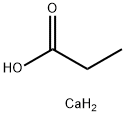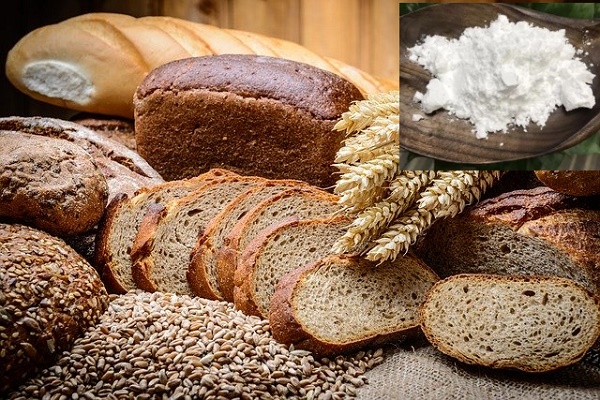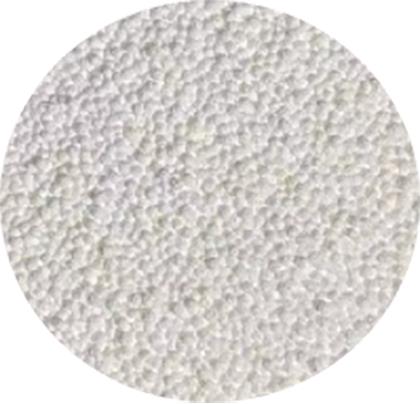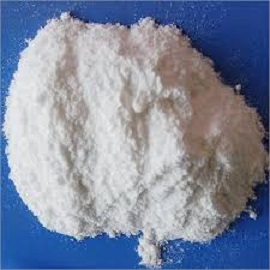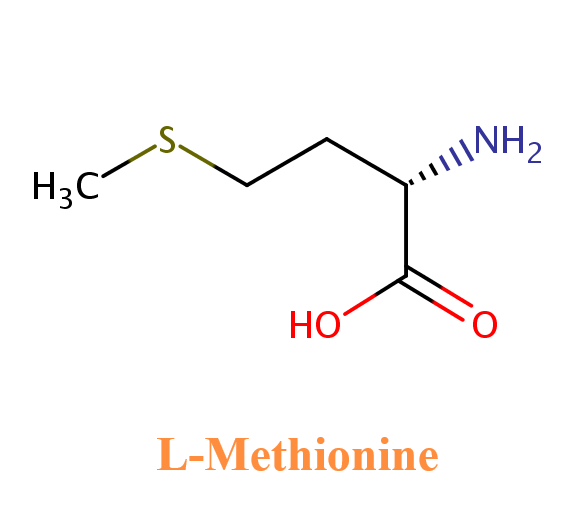Is Calcium propionate dangerous?
Introduction
Calcium propionate is an organic salt formed by the reaction between calcium hydroxide and propionic acid and has the molecular formula (CH3CH2COO)2Ca. The compound exists in either crystalline or powder form. Calcium propionate is soluble in water and can be hydrolyzed into Ca2+ and propionic acid. The solution is alkaline but exerts bacteriostatic effects in acidic media. It is mainly synthesized through the reaction between a calcium source (CaCO3, CaO, Ca(OH)2, egg, or oyster shell) and propionic acid. The generated calcium propionate is concentrated, dried, and dehydrated through the reaction to obtain qualified products.
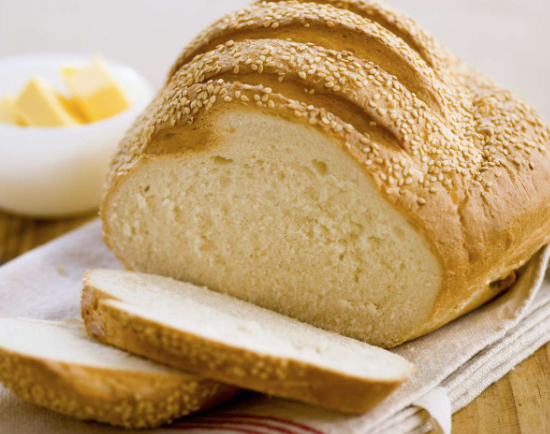
Uses
Calcium propionate is an inhibitor of moulds and other microorganisms. It is used in various products, such as foods, tobacco, pharmaceuticals, and butyl rubber, to improve the processability and scorching resistance. The precise mechanism of activity of this organic acid and its respective derivatives is not exclusively associated with their inherent acidity but with the inhibition of enzymatic and metabolic activity.
Calcium propionate is a strong preservative with little or no flavour and can be effective against mould and bacteria. It can inhibit the growth of molds and other microorganisms without an obvious inhibition of yeasts. The antimicrobial properties of calcium propionate are dependent upon the corresponding undissociated acids in the solution and involve the uncoupling of microbial substrate transport and oxidative phosphorylation from the electron transport system. When exhibiting the same bacteriostatic effect, the effective dose of calcium propionate is lower than that of sodium propionate. Calcium propionate has no teratogenic activity or reproductive toxicity, and propionic acid can be excreted in urine; thus, there is no risk of accumulation in the human body, even at large doses.
Safety
Calcium propionate was extensively studied by the FDA before it was classified as “generally recognized as safe”. Moreover, the WHO and FAO have not established an acceptable daily intake, which means it's considered very low risk. An animal study showed that feeding rats 1–3 grams of calcium propionate daily over 4–5 weeks had no impact on growth. Similarly, a 1-year study in rats showed that consuming a diet comprising 4% calcium propionate — a higher percentage than people would consume daily — had no toxic effects. Most lab studies on calcium propionate and toxicity came back negative, except for a few that used exceptionally high amounts. For example, in one of these studies, researchers injected high amounts of calcium propionate into the yolk sacs of chicken embryos, resulting in abnormalities. It's also worth noting that your body does not store calcium propionate, so it won't build up in your cells. Instead, the substance is broken down by your digestive tract and readily absorbed, metabolized, and eliminated.
You may like
Related articles And Qustion
See also
Lastest Price from Calcium Propionate manufacturers
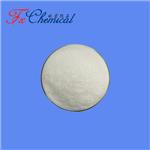
US $0.00/KG2025-04-21
- CAS:
- 4075-81-4
- Min. Order:
- 25KG
- Purity:
- 98%min
- Supply Ability:
- 30tons/month

US $1.00/KG2025-04-21
- CAS:
- 4075-81-4
- Min. Order:
- 1KG
- Purity:
- 99%
- Supply Ability:
- 10 mt
